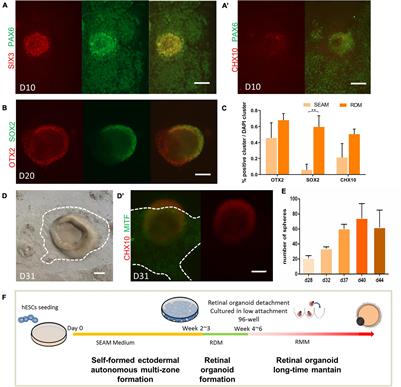ORIGINAL RESEARCH
Published on 21 Dec 2021
Metabolite Changes in the Aqueous Humor of Patients With Retinal Vein Occlusion Macular Edema: A Metabolomics Analysis

doi 10.3389/fcell.2021.762500
- 2,088 views
- 8 citations
30k
Total downloads
92k
Total views and downloads
You will be redirected to our submission process.
ORIGINAL RESEARCH
Published on 21 Dec 2021

ORIGINAL RESEARCH
Published on 25 Nov 2021

ORIGINAL RESEARCH
Published on 01 Nov 2021

ORIGINAL RESEARCH
Published on 15 Oct 2021

ORIGINAL RESEARCH
Published on 15 Oct 2021

ORIGINAL RESEARCH
Published on 01 Oct 2021

ORIGINAL RESEARCH
Published on 22 Sep 2021

ORIGINAL RESEARCH
Published on 08 Sep 2021

ORIGINAL RESEARCH
Published on 19 Aug 2021

ORIGINAL RESEARCH
Published on 18 Jun 2021

ORIGINAL RESEARCH
Published on 11 Jun 2021

ORIGINAL RESEARCH
Published on 07 Jun 2021

